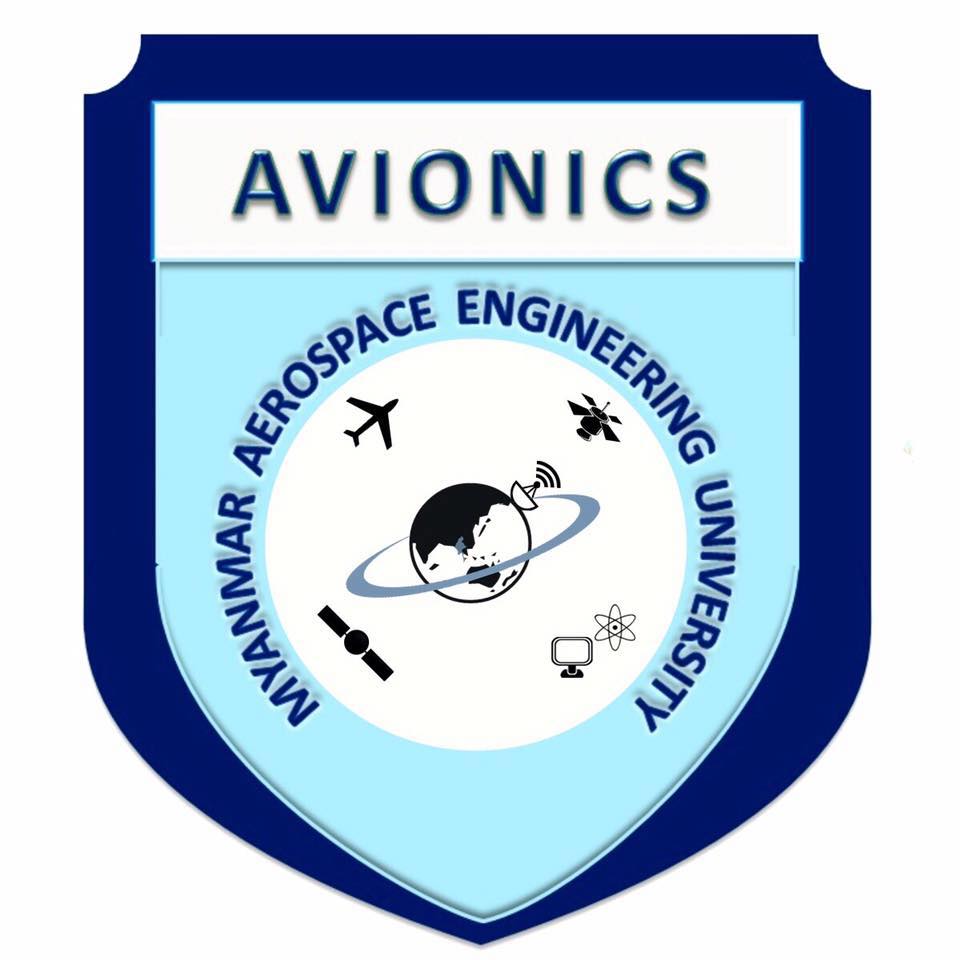Department of Avionics
 Avionics refers to electronic systems on aircraft, artificial satellites, and spacecraft. Based on Computer Electronics, Communication Electronics and Control Electronics, Aircraft and ground Communication Systems between control station, sending signals among aircraft, aircraft control system, display system in latitude, longitude, altitude of aircraft, GPS and navigation systems are mainly included. Relating to above, mini-projects must be done in BE final year as a subject. In the academic year of 2009-2010, Department of Avionics opened ME course.
Avionics refers to electronic systems on aircraft, artificial satellites, and spacecraft. Based on Computer Electronics, Communication Electronics and Control Electronics, Aircraft and ground Communication Systems between control station, sending signals among aircraft, aircraft control system, display system in latitude, longitude, altitude of aircraft, GPS and navigation systems are mainly included. Relating to above, mini-projects must be done in BE final year as a subject. In the academic year of 2009-2010, Department of Avionics opened ME course.
Program Educational Objective (PEOs)
- To produce highly qualified engineers, who are competent and skillful both in practical and theoretical domains with the adequate knowledge of current issues in the fields of Aviation and Electronic Engineering.
- To achieve professional excellence through life-long learning and also motivate for higher studies and research in respective fields.
- To provide the ability of clear communication, responsible team work, moral and ethical behavior, social values and leadership skills, so that the students will have successful technical and managerial careers for the complex modern work environment.
MOTTO
"Be Creative, Be Avionics"
Program Outcomes (POs)
- At the end of the program, the student will be able to:
- An ability to apply knowledge of mathematics, science and engineering.
- An ability to design and conduct experiments, as well as to analyze and interpret data.
- An ability to use the techniques, skills and modern engineering tools necessary for engineering practices.
- An ability to design a system, component or process to meet desired technical, safety , health and environmental specifications.
- An ability to communicate effectively through reports, presentations and discussions within both the technical domain and the community at large.
- An ability to manage project, including budgeting and responsible leadership ,work in multi-disciplinary environment, and function on teams.
- An ability to identify, formulate, research literature and analyze complex engineering problems reaching substantial conclusions on alternatives.
- Knowledge of contemporary issues.
- An ability to recognize the need to take on independent life-long learning and continuous self-improvement in the context of Avionic Engineering advancement and professional development.
- An ability to apply ethical principles and commit to professional ethics and responsibilities and norms of engineering practices, and a sense of respect for diversity.
